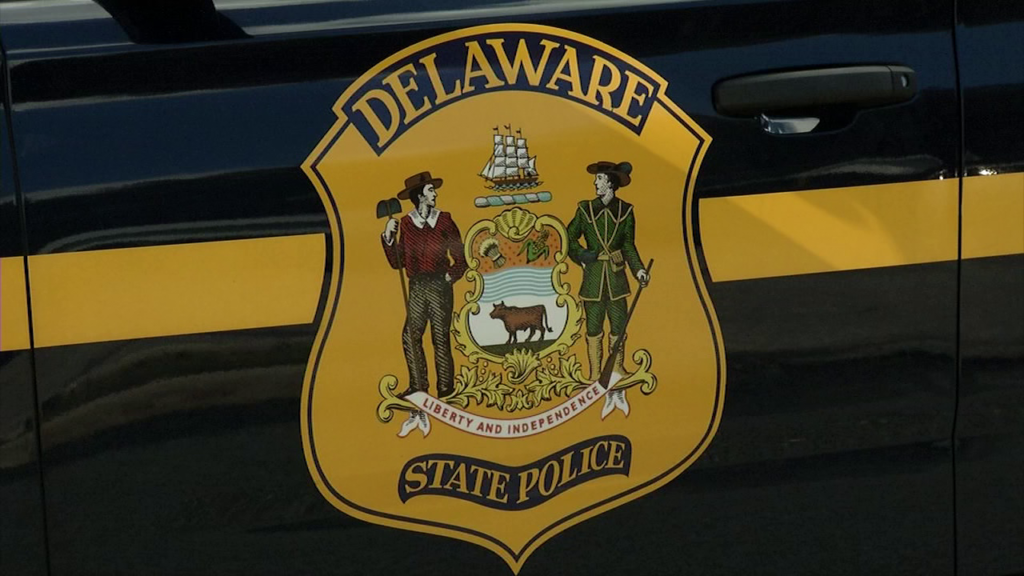Avoiding pitfalls of online shopping

When you do your holiday shopping online, there’s plenty you don’t have to worry about: parking, lines, and getting trampled by blood-thirsty bargain hunters, for example.
But there are serious concerns on the web.
“What you really need to worry about are the too-good-to-be-true deals that you may find. It could be an ad, it could be a post in a comment forum,” says Travis Fisher, of Inacom Information Systems in Salisbury.
Click on that bargain bait, and you can end up with malicious software on your computer. These apparent deals can often pop up in your Facebook feed, even shared by your own friends.
“The message could be like ‘Hey somebody’s going to win this free Mercedes.’ Then it’s not the official Mercedes fan page, for example, I saw that one the other day,” says Fisher.
According to research from financial consulting firm Deloitte, this holiday season, half of all shopping will be influenced in some way by a digital device. So even if you buy the item in person, you might research it online beforehand.
But if you are shopping online, and you’re ready to buy, it all comes down to that crucial moment when you enter your credit card information.
“Before you make your payment, look in the address bar of your web browser, you’ll often see a padlock or the address will say ‘https’ in front of it. That means that the connection is encrypted so as you type in your credit card information and send it across the internet, your information is going to be protected,” says Fisher.
It’s especially important to check for that encryption when you’re using public wi-fi because it’s easy for would-be criminals to penetrate that network.
Another option is to leave the card in your wallet and request a virtual credit card number, you can authorize for a certain dollar amount.


